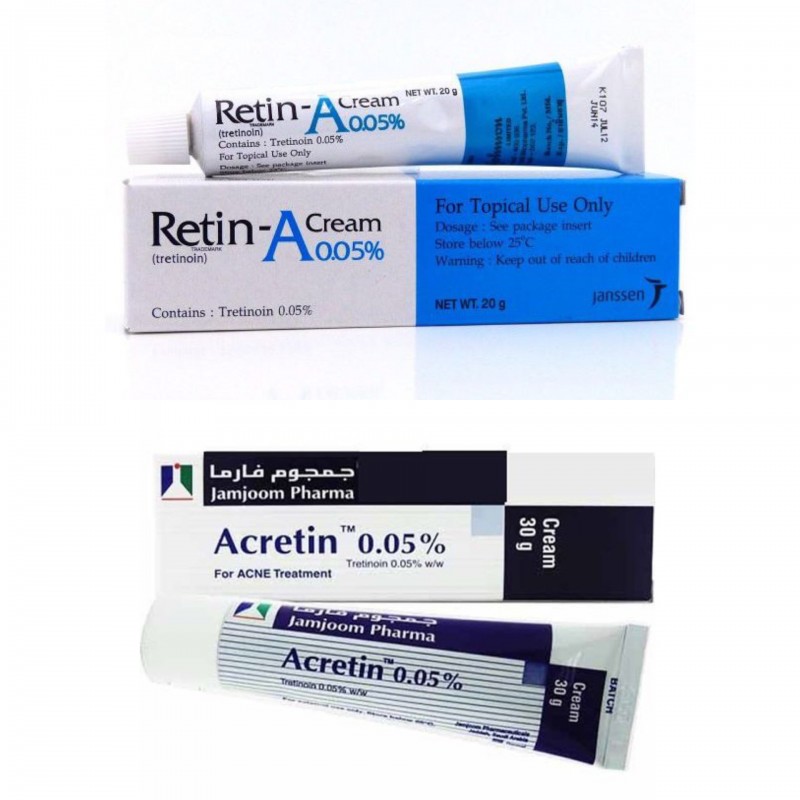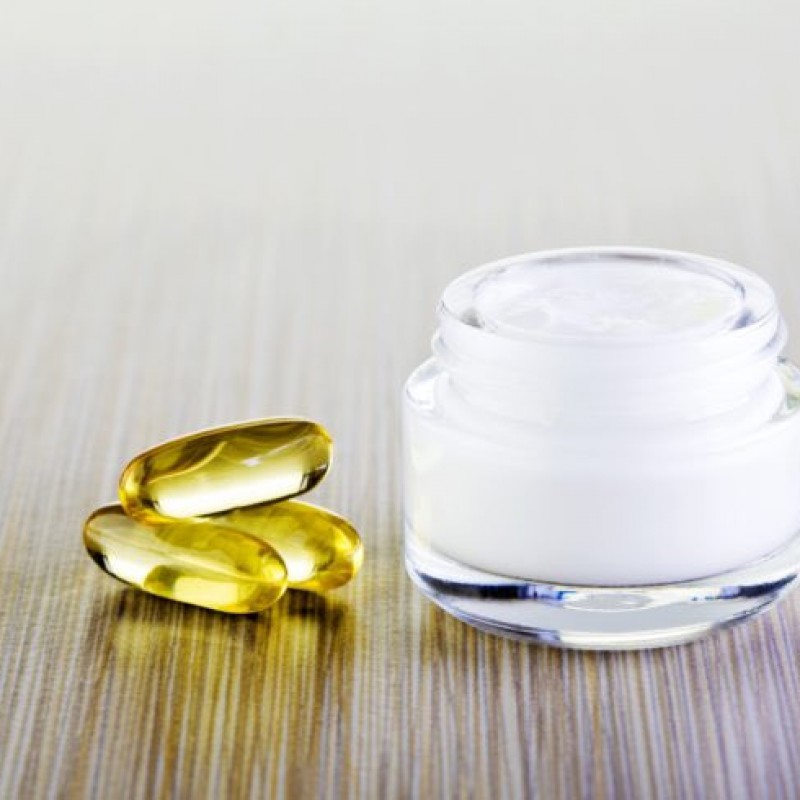Your nails are the gateway to your healthy body
Did you know that your nails can reveal clues to your overall health? A touch of white here, a pinkish tinge there, or some waviness or curvature could be a sign of disease in the body. Problems with the liver, lungs, and heart can appear in your nails.
Pale nails
Pale nails can sometimes be a sign of a serious illness, such as: anemia, congestive heart failure, liver disease, malnutrition
White nails
If the nails are mostly white with dark edges, this may indicate liver problems, such as hepatitis.
Yellow nails
Fungal infection is one of the most common causes of yellow nails. As the infection worsens, the nail bed may regress, and nails may thicken and crumble. In rare cases, yellow nails can indicate a more serious condition such as severe thyroid disease, lung disease, diabetes or psoriasis.
Blue nails
Blue-tinted nails can mean that the body is not getting enough oxygen. This may indicate a lung problem, such as emphysema. Some heart problems can be associated with blue nails
Wavy nails
If the surface of the nail is wavy or pitted, this may be an early sign of psoriasis or inflammatory arthritis. Nail discoloration is common. The skin under the nail can look reddish-brown. It has a classic mark as it appears as small holes in the surface of the nail. Ripple of the nail surface also appears in patients with dermatitis of the fingertips. This can be a result of atopic dermatitis, irritant dermatitis, or allergic contact dermatitis.
Cracked or split nails
Dry, brittle nails that often break have been linked to thyroid disease. Cracking or splitting with yellow is most likely due to a fungal infection.
Bulging nail fold
If the skin around the nail appears red and swollen, this is known as onychomycosis. It may be the result of lupus or another tissue disorder. The infection can also cause redness and inflammation in the nail fold.
Dark lines under the nail
Dark lines under the nail should be checked as soon as possible. Sometimes they are caused by skin cancer, which is a serious cancer.
Nail biting
Biting your nails may be nothing more than an old habit, but in some cases it's a sign of ongoing anxiety that could benefit from treatment. Biting or clipping nails has also been linked to obsessive-compulsive disorder. If you cannot stop, it is worth discussing this with your doctor. One of the complications of biting nails is that it can make them look rough and rough, and other health problems may include: picking up intestinal parasites from your nails, jaw pain and dysfunction, fungal nail infections, stomach infections from swallowing pieces of nails
Nails are only part of the puzzle
Although nail changes accompany many conditions, these changes are rarely the first sign, and many nail changes are harmless, not everyone with white nails has hepatitis. If you are concerned about the appearance of your nails, see a doctor


